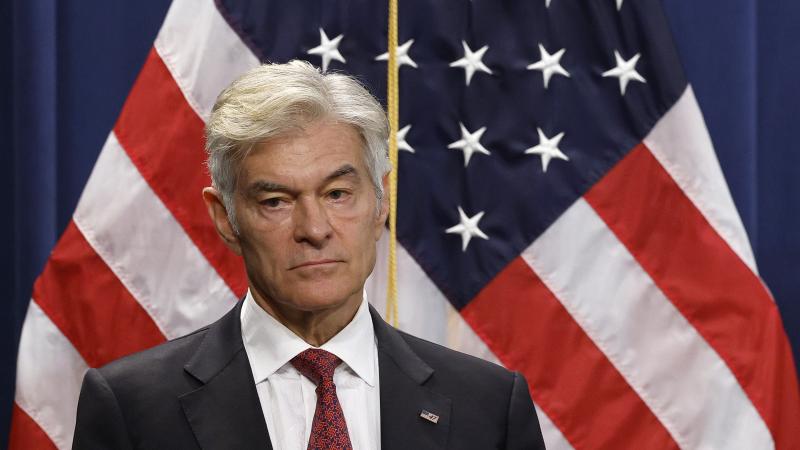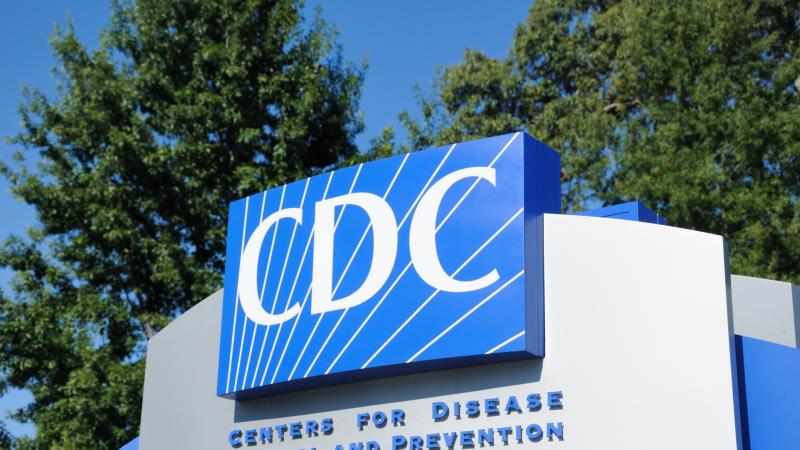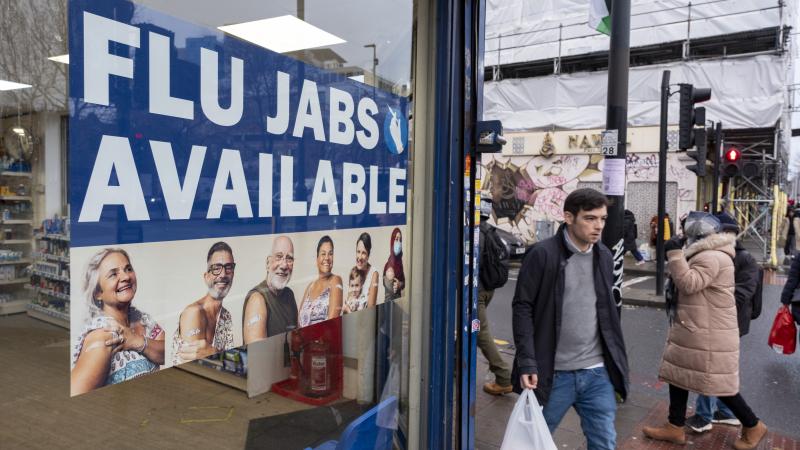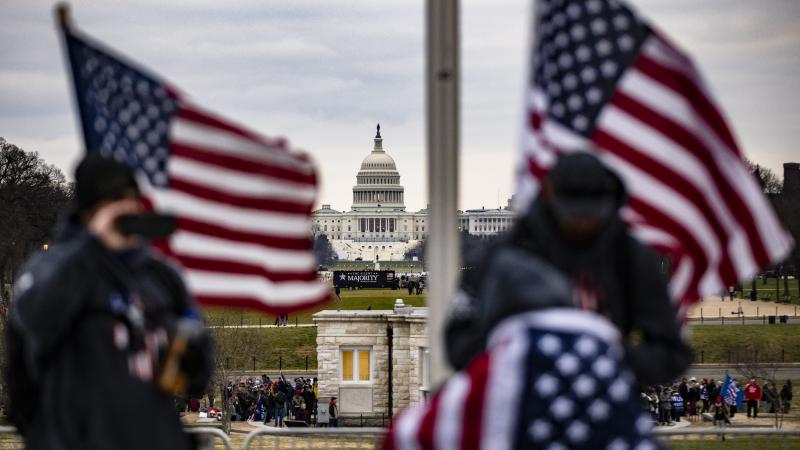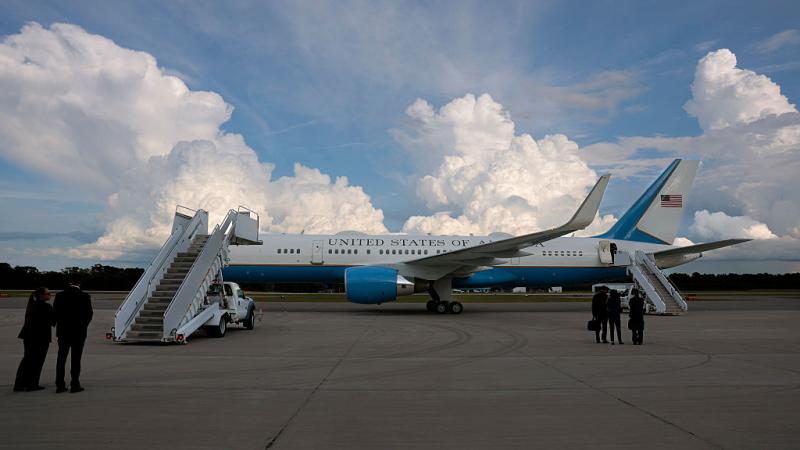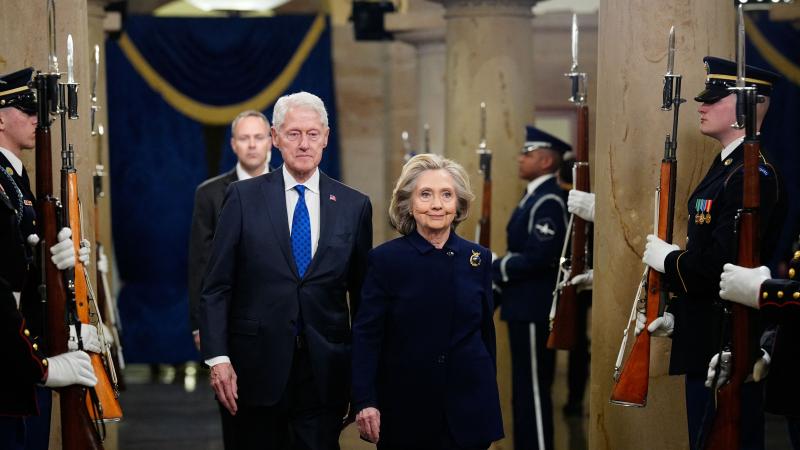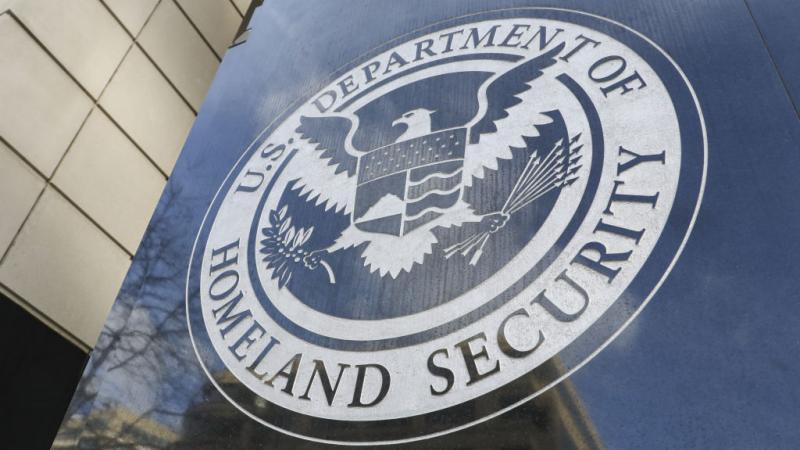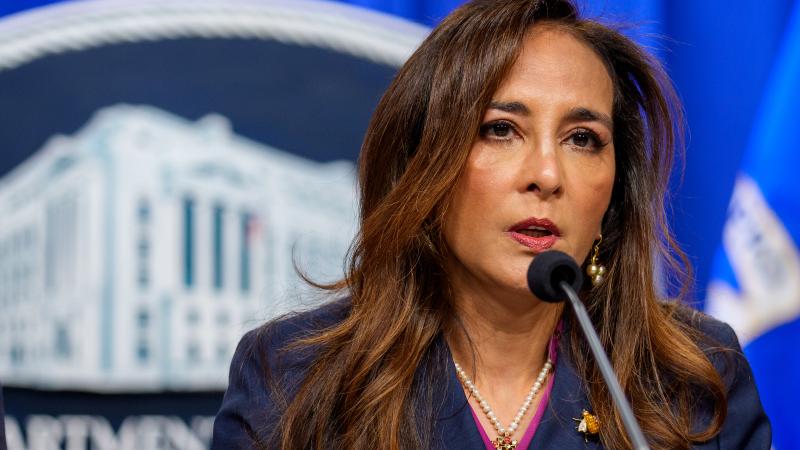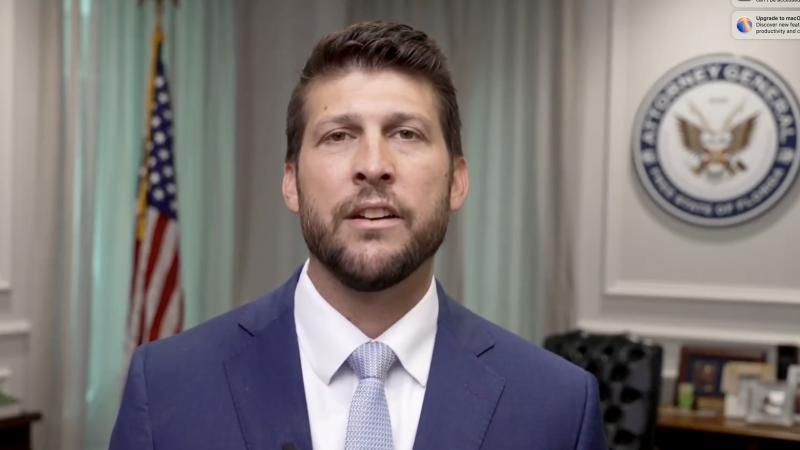FDA limits use of COVID-19 monoclonal antibody treatment in 8 states
The agency writes that "the authorized dose of sotrovimab is unlikely to be effective against the BA.2 sub-variant."
The U.S. Food and Drug Administration is no longer authorizing the monoclonal antibody treatment sotrovimab in 10 states and territories due to questions about its effectiveness against the BA.2 Omicron subvariant.
The FDA rescinded sotrovimab's emergency use authorization in Connecticut, Maine, Massachusetts, New Hampshire, Rhode Island, Vermont, New Jersey and New York, as well as in Puerto Rico and the Virgin Islands.
The agency writes that "the authorized dose of sotrovimab is unlikely to be effective against the BA.2 sub-variant."
The new subvariant accounts for more than 50% of all COVID-19 variants in the eight states and two territories listed by the agency. Healthcare providers will no longer be able to treat patients with sotrovimab in those areas, and in other regions, they are instructed to monitor the BA.2 subvariant before deciding which antibody treatment to proscribe.
Other monoclonal antibody therapies, such as Paxlovid and Veklury (remdesivir), still appear to be effective against the Omicron subvariant, the FDA stated.
The other treatments are "authorized or approved to treat certain patients with mild-to-moderate COVID-19 who are at high risk for progression to severe disease, including hospitalization or death," according to the agency.
The FDA signaled in February that it would limit use of sotrovimab as needed due to its effectiveness against the subvariant.
